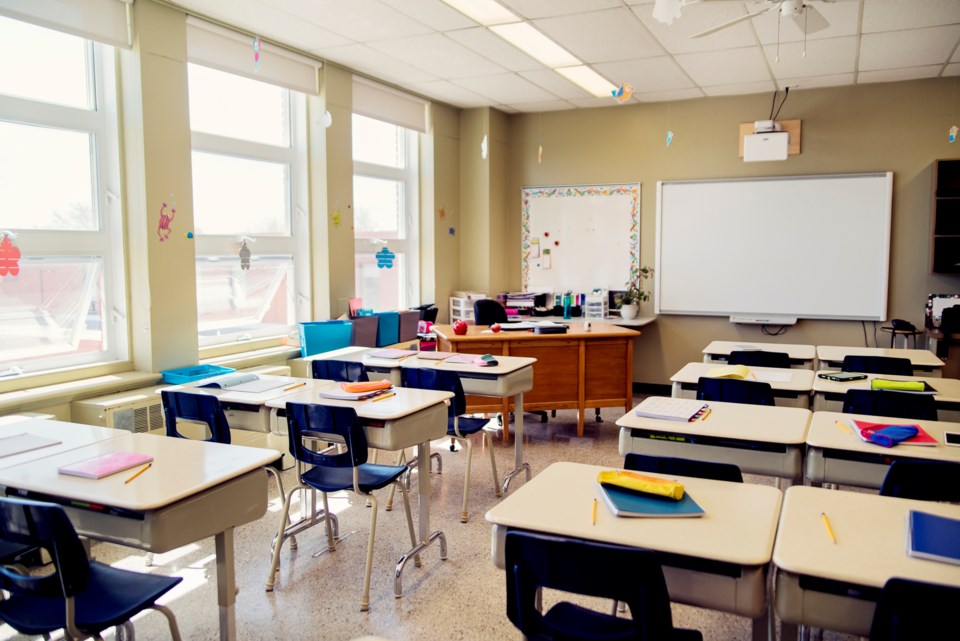Middle-schoolers throughout New Westminster have an idea or two about how their schools can better support students struggling with racism and mental health issues.
Feedback from a number of middle-school students calling for stronger anti-racist education and better mental health counselling was presented by student representatives at the district’s latest school board meeting.
Students felt slurs were being normalized in conversation among peers, and that anti-racism is not emphasized enough in New Westminster schools. They also voiced concerns about race affecting grades, and suggested that students be given the option of using forms or a QR code to anonymously report racist incidents, and that schools teach the consequences of racism rather than simply “saying it's bad.".
The student feedback was collected from a New West-wide student symposium for students to share their concerns with the board. Eighty students from the Fraser River, Queensborough and École Glenbrook middle schools along with students from New Westminster Secondary and SIGMA participated.
To combat racism in school environments, the students also suggested schools teach anti-racism at younger age levels and include lessons on a wide range of different religious celebrations. According to Statistics Canada, the number people who identify as Hindu, Sikh and Muslim grew in New Westminster from 2011 to 2021. Students pointed out that European holidays are well-represented in the school calendar, and expressed interest in learning about holidays observed in other religions.
As it has in other recent years, feedback from the student symposium also called for improved mental health support in the district’s schools. This year students reported a lack of resources outside of school counselling, and stressed that counsellors need to build rapport with students as some don’t feel comfortable opening up to adults they don’t know.
“When students feel uncomfortable with the counsellor they were assigned to … they often turn to teachers for support,” Shantei Leal told the school board. “However, teachers aren’t all trained to deal with certain situations.”
Other requests that came out of the symposium included frosted glass or blinds to help students feel more safe at school and a more robust sexual education.
Although one board member expressed surprise at the negative tone of the students' feedback, another admired Student Voice’s advocacy.




